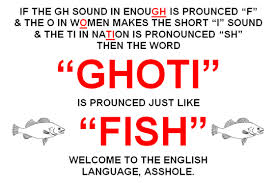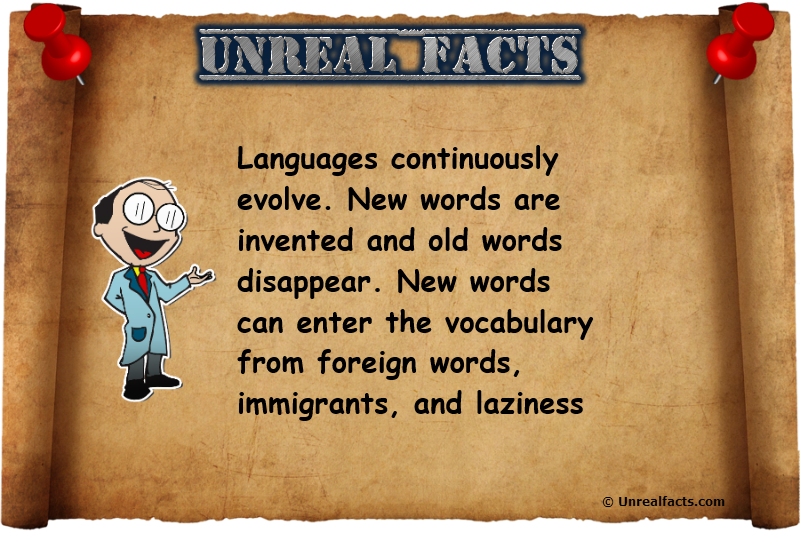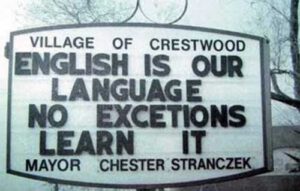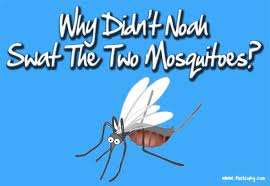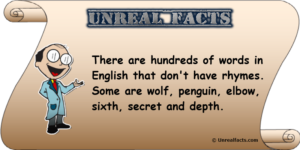This might not come as much of a surprise to many, but languages evolve over time, much like animals do. But what may come as a surprise to a lot of people is that language is constantly evolving, even today. Ask any octogenarian or grey haired guru and they will certainly confirm the extent of the change in language in their lifetime alone. In fact, even in the last decade we have invented or discovered new words that weren’t in our vocabulary at the turn of the century. So why does this happen?
Well there are several reasons that languages evolve. Perhaps the three most common reasons that most of would be familiar with are economic, migratory and foreign. So lets look at these a little deeper.
First of the rank is economic reasons. When we say economic we don’t mean that it has anything to do with money or the economy. Think of language and its use as you would your own money. You naturally want your money to go as far as it can with as little effort. People have an uncanny ability to alter or invent words so that we can use as little effort as possible when expressing our thoughts into speech. It’s probably a little lazy of us, but it works pretty well.
The second most obvious cause for languages to evolve is the migratory one. When people move around the world they will take their own language with them. When they have been separated from their former country for some time, the new immigrants will develop new forms of their own words, creating local dialects. This is a relatively simple example to see today. Take a look at people from USA, England and Australia. Those countries all speak English, but because they are separated by thousands of miles they have developed their own localized forms.
The third major form of languages evolving is from foreign influence. This is where a foreign word is adopted into the local language to either accompany a word, or replace it altogether. Notable examples are in English again. With the Norman conquest of England a thousand years ago many French words were introduced into English, and still remain today. Notable examples are pork and beef. The old English term for the word was the animal. For example they would have eaten pig and cow, not pork and beef.
While languages will always continue to evolve, it’s something that we shouldn’t be too concerned with. We will adapt to the changes within our lifetime will relative ease, but future generations could have some difficulty understanding the true context of what we were saying. For an example just look at some work from Shakespeare, or even further back, Chaucer.
If you found this interesting you really should look at:

